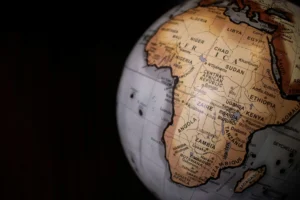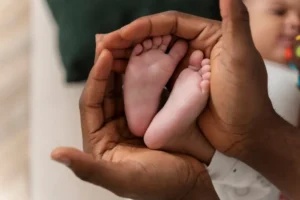In a bold move to protect the nation from the threat of helping others, the U.S. Supreme Court swooped in late Wednesday night to grant the Trump administration a well-deserved break from the daunting task of releasing $2 billion in frozen foreign aid.
Chief Justice John Roberts, wielding the gavel of justice like a seasoned accountant, paused a lower court’s pesky demand that the government actually follow through on its commitment to global development. The order came just in time — hours before a midnight deadline — preventing what could have been a catastrophic outflow of funds into the hands of aid organizations poised to spend it on frivolous things like food, medicine, and clean water.
“The government is doing what it reasonably can to comply in good faith,” the Trump administration insisted in its emergency motion, though critics suggested that “reasonably” might have been a generous description of months-long stalling tactics.
The saga began on Feb. 13 when U.S. District Judge Amir Ali ordered the unfreezing of the funds, only to find 12 days later that the administration had made as much progress as a snail on vacation. Frustrated, the judge gave the government 30-some hours to act — a timeline that apparently required Supreme Court intervention.
Global development experts were quick to react.
“It’s a relief to know that the Supreme Court is here to protect our foreign aid budget — from actually being used for foreign aid,” said one anonymous aid worker. “It’s a strategic masterstroke: If you don’t release the money, you don’t have to worry about the impact.”
Meanwhile, USAID staff, who have already weathered the storm of nearly 10,000 funding cuts, reportedly celebrated the ruling by preparing another round of grant proposals for money they may never see.
In an unexpected twist, some aid recipients have begun drafting thank-you notes to the Supreme Court for sparing them from the burden of receiving support. “Without this pause, we might have had to organize emergency food distributions or restore healthcare clinics,” said a spokesperson for a small East African NGO. “Now, thankfully, we can maintain the status quo.”
As the Trump administration and the courts engage in this noble tug-of-war over unopened aid vaults, one thing remains clear: justice may be blind — but it’s certainly got an eye on the budget.



